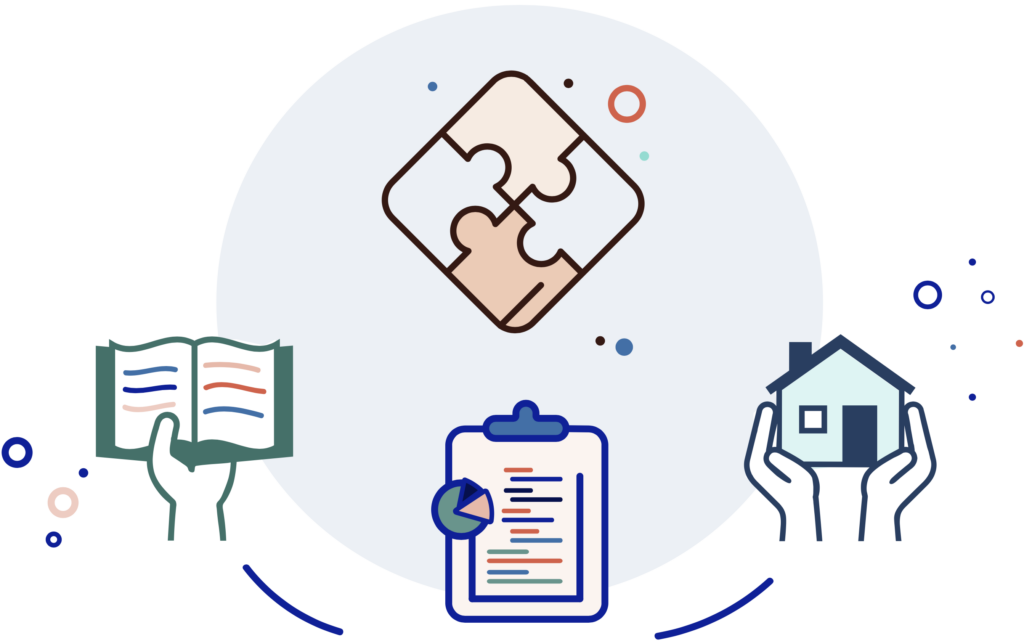In an earlier webtorial, we discussed an ICF competency of facilitating growth and I used an example of growing plants to illustrate the need to understand the needs and drivers of our coachee in order to design coaching process that will help our coachee achieve their desired goal. We learned in this webtorial that there is more to it.

In order to serve our coachee well, we need to understand the specific reasons why our coachee seeks coaching and the underlying motivations or factors that prompt them to pursue coaching services. Understanding these needs and drivers is essential for us to tailor our approach and support our coachee effectively.
Do they want to seek coaching to enhance their professional skills, advance their careers or navigate challenges in the workplace? Are they motivated by a desire for personal growth and self-improvement such as communication skills, time management or conflict resolution? Are they seeking clarity and direction because they feel uncertain or stuck in their lives?
The first time I went to see my personal trainer, not only did he ask me what my goal was, he asked me why I wanted to achieve those goals and my motivations for doing so. He didn’t develop an aggressive program for me to achieve results that he can use to advertise for his service – that would be putting his own agenda in front of mine. Instead, he tried to find out my needs and drivers so that he can design a program that I will likely follow.
Coaching needs and drivers are diverse and multifaceted, reflecting the unique goals, challenges, and aspirations of each individual. As coaches, we need to collaborate with our coachee to identify their specific needs and drivers, tailor coaching interventions accordingly, and support them on their journey towards growth, fulfillment, and success.